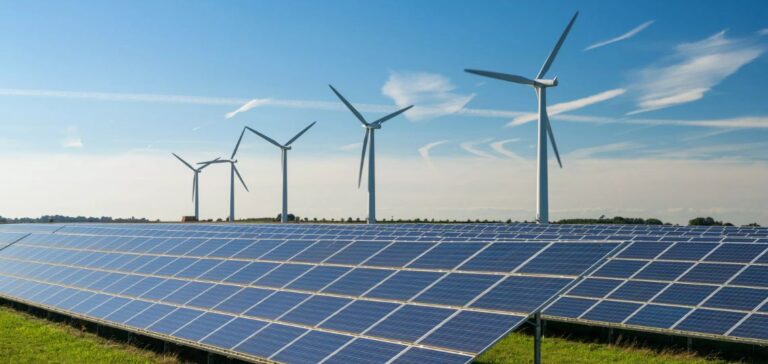According to theInternational Energy Agency (IEA), the coronavirus is expected to wipe out around 20% of spending plans across all energy sectors this year. Global energy investment is set to fall by a fifth by 2020. This is the biggest drop in history. This will obviously have serious consequences for future fuel security and the transition to a low-carbon economy, according to the International Energy Agency (IEA).
By 2020, energy investment was on track to reach its highest level ever
400 billion less in energy investments by 2020
Around $400 billion is expected to be withdrawn from energy investments this year. The impact of the coronavirus is affecting demand, financing capacities and project logistics. This is prompting companies to scale back their capex plans in order to protect their balance sheets.
Investments in oil and gas will be the hardest hit. But all sectors, from coal to renewable energies and power grids, will be affected by the decline. This decline has been described as staggering in both its scale and speed.
A major turnaround
Prior to the emergence of Covid-19, global energy spending was on track to increase by 2% over 2019, which would have been the highest annual increase in six years. This reversal means that government and corporate revenues will fall by more than $1,000 billion this year.
Falling energy investment may have long-term consequences
Today, falling energy investment means lost jobs and economic opportunities. But short-term cuts in energy investment could have long-term consequences.
Indeed, project postponements and cancellations will result in the loss of energy supplies that we may well need tomorrow when the economy recovers. What’s more, the increase in debt inherited from the post-crisis period will present lasting risks for investment.
It’s also worrying in terms of investment in the energy transition. The slowdown in spending on key clean energy technologies also risks jeopardizing the vital transition to more resilient and sustainable energy systems.
Oil and gas sector to see biggest spending cuts
The oil and gas industry has suffered the most among the energy industries. The main reason is the restriction on travel, which has reduced demand for fuel.
Spending across the sector is expected to fall by almost a third compared with 2019. Big Oil set the tone during a difficult first quarter by announcing budget cuts averaging around 25% of pre-crisis forecasts.
Most of the biggest spending cuts in the oil and gas sector concern the US shale industry. It was already in financial difficulty before the pandemic. It is now forecasting a 50% drop in investment activity by 2020.
The national oil companies (NOC) are also tightening their purse strings. This raises long-term questions about the future finances of developing economies that are heavily dependent on hydrocarbon revenues.
Slower investment in renewable energies jeopardizes transition
In the electricity sector, a general decline in investment of 10% is forecast. This trend will have repercussions on the energy transition. This accelerated before Covid-19 began to spread around the world.
Forecasts estimate that spending on coal will fall by almost a quarter. But China’s awakening from strict confinement may change this trend. China is the main player in coal-related expenditure.
The IEA revealed last week that growth in renewable energy capacity additions is set to slow this year for the first time in two decades. A 13% drop is expected compared with 2019. There are many reasons for this decline. These include supply chain disruptions, project postponements and financing problems.
Energy transition investments are set to fall by around 10% by 2020. This will further slow the pace of the transition to clean energy.
Rooftop solar installations have been hit hard by the market turbulence. There have been numerous calls for clean energy to be integrated into national economic recovery plans. This could give new impetus to decarbonization efforts.
However, the exact shape of the government’s reconstruction plans has yet to be confirmed.
Clear warning signs for power grids
Power grids were an essential pillar of the emergency response to the health crisis. Economic and social activities were able to continue during the closure. These networks need to be resilient and intelligent to guard against future shocks. But also to cope with the growing share of wind and solar power.
Current investment trends are clear warning signs for future electricity security. Network operators faced major challenges. Total network flexibility was required while the world was locked away at home.
An expected 9% drop in investments this year. It comes on top of a 7% cut in 2019. The future resilience of power grids is a major concern raised by the analysis.






















